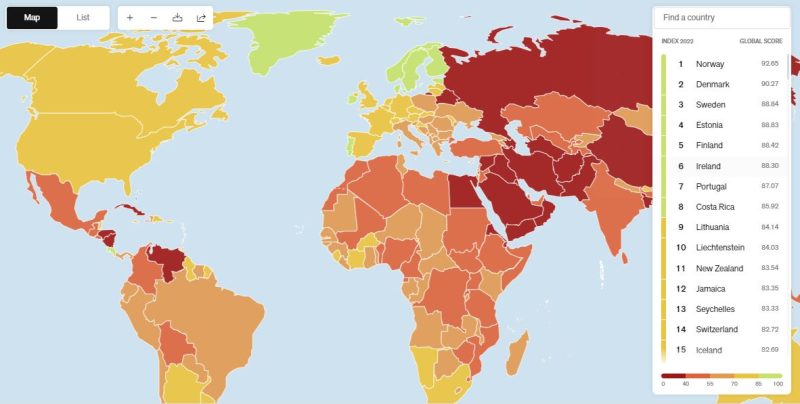
 An international operation against the illegal trade in reptiles has seen hundreds of seizures and 12 arrests in the EU. Europol coordinated information sharing between EU members States which led to the identification of almost 200 suspects worldwide.
An international operation against the illegal trade in reptiles has seen hundreds of seizures and 12 arrests in the EU. Europol coordinated information sharing between EU members States which led to the identification of almost 200 suspects worldwide.
Operation Blizzard, carried out between 12 April and 22 May 2019, targeted the criminal networks behind the illegal global trade of reptiles. The operation, coordinated by Europol and INTERPOL, involved agencies from 22 countries and led to seizures ranging from live animals to high-end fashion products. The operational activities targeted aircraft passengers, commercial cargo, pet shops and those legally allowed to keep reptile.
Europol supported the operation and provided technical support, coordinated information exchange, seizures and inspections in the EU.
Thousand of animals saved from becoming wallets
Almost 1 500 live snakes, lizards and geckos were seized from right across Europe. The inspections lead also to 12 arrests, six in Italy and six in Spain.
Globally, operation Blizzard resulted in the seizure of 4 419 live animals including 2 703 turtles and tortoises, 1 059 snakes, 512 lizards and geckos and 20 crocodiles and alligators. Competent authorities seized 152 handbags, wallets, watchstraps, medicines and taxidermies derived from reptiles.
Gathering intelligence to catch the criminals
Europol supported participating countries to exchange information and intelligence ahead of the operation. This information was used to build the profiles of offenders and their associates and track their activity.
Europol and INTERPOL worked together to enhance international efforts in tackling the illegal trade of reptiles. Partners of Europol’s project Naultinus and member countries of the INTERPOL Wildlife Crime Working Group developed the operation based on the growing need to share and collaborate on organised crime groups trading in live reptiles and reptile products.
Countries which took part in operation Blizzard include Australia, Belgium, Bosnia and Herzegovina, Canada, Denmark, Estonia, France, Germany, Hungary, Israel, Italy, Latvia, Netherlands, New Zealand, Poland, Portugal, South Africa, Spain, Sweden, Switzerland, Ukraine, and the USA.
Pedro Felício, head of Europol’s Economic and Property Crime Unit, said “Wildlife trafficking has increased significantly in recent years to the point where we have now thousands of reptiles, worth millions of euros, being seized every year by EU law enforcement agencies with the support of Europol. Globally coordinated police operations like operation Blizzard are now at the forefront of environmental preservation. Nevertheless, despite the various efforts made, the threat of environmental crime remains high.”
Environmentale crime: An Eu priority
In 2017, Europol opened Analysis Project (AP) EnviCrime following with the discussions of the new EMPACT priority on environmental crime. This dedicated team has been working to fight wildlife and waste crimes. Operation Lake is just one example of a recent successful operation.
In March 2018, AP EnviCrime launched project Naultinus, as a direct outcome of operation Jungla V2, which focused on wildlife trafficking in the EU and, more specifically, the illegal trade of reptiles and birds in the EU.
C.S. Europol





